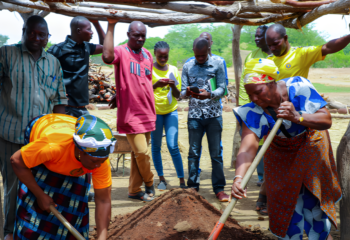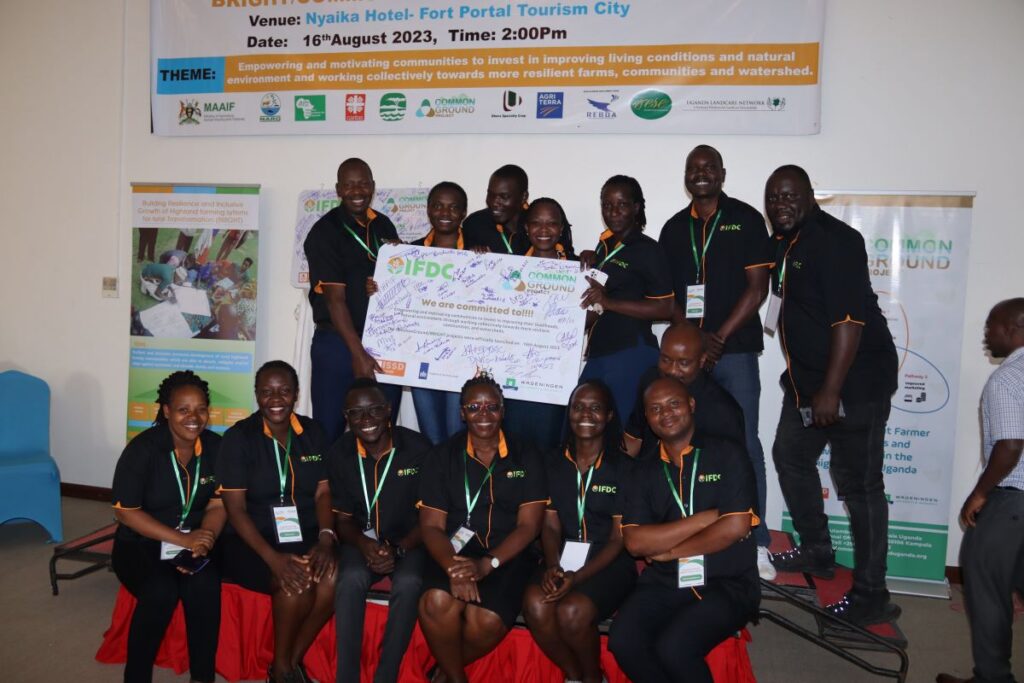
The lives of more than 100,000 farm households residing in Uganda’s highland regions are poised for substantial transformation as two groundbreaking initiatives are launched.
The collaborative efforts of IFDC and Integrated Seed Sector Development Uganda (ISSD Uganda) have culminated in the inauguration of the Building Resilience and Inclusive Growth of Highland Farming Systems for Rural Transformation (BRIGHT) and CommonGround projects.
These initiatives are strategically designed to take root in the Rwenzori, Kigezi, and Mt. Elgon regions and are generously funded by the Netherlands government.
The official launch event, held in Uganda’s tourist city of Fort Portal, was graced by dignitaries from various sectors, including the Ministry of Agriculture, Animal Industry and Fisheries (MAAIF), the Ministry of Water and Environment, and district local governments, as well as representatives of local implementing partners and the Embassy of the Kingdom of the Netherlands (EKN).
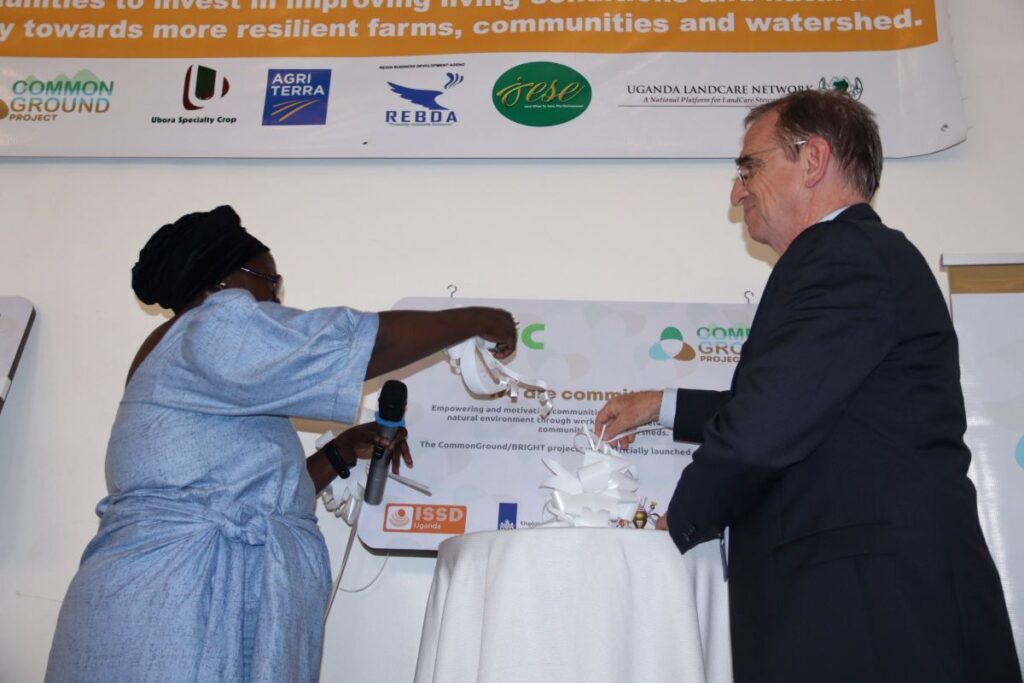
“This convergence presents a unique opportunity for enhanced outcomes in the highland communities.”
Hans Raadschilders, Thematic Food Security and Agriculture Specialist
Hans Raadschilders, representing EKN, emphasized the significance of the parallel initiatives collaborating within the same communities. Raadschilders praised the learning derived from these projects, particularly in the realm of food security, stressing the commitment of EKN to the shared success of both the BRIGHT and CommonGround projects.
Samuel Ssempala, IFDC Uganda Country Director, underscored the comprehensive approach inherent to the BRIGHT project. BRIGHT represents a commitment to lead positive change across more than 100,000 highland farm households in Uganda. This commitment extends to empowering and guiding these households toward heightened resilience in the face of economic challenges and climate-induced shocks.
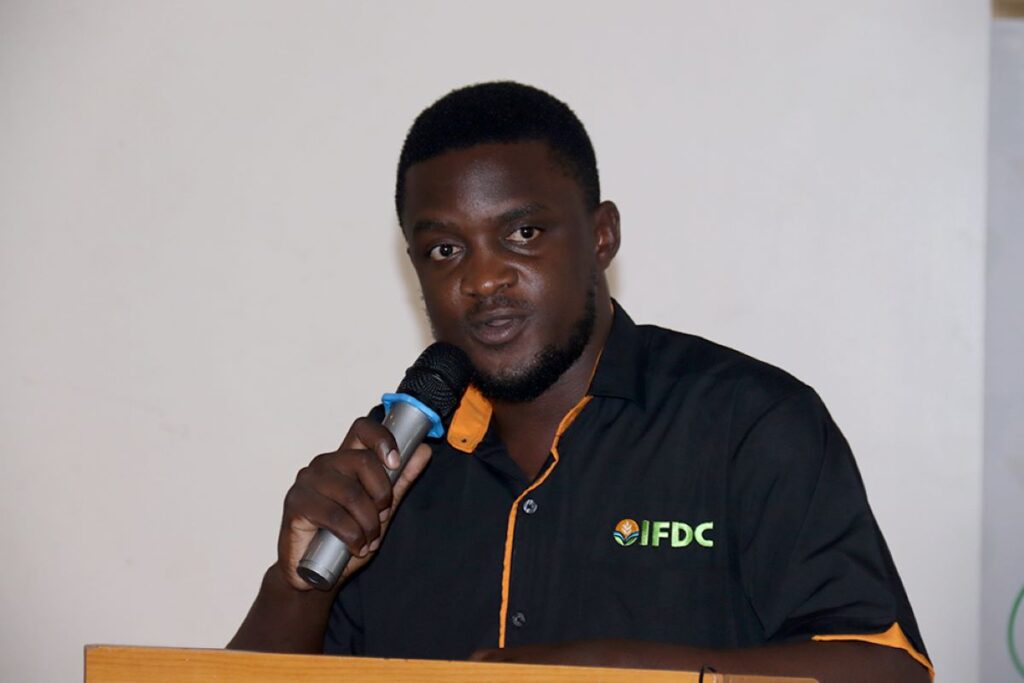
Consolata Acayo, Commissioner for Communication at the Agriculture Ministry, representing State Agriculture Minister Hon. Bwino Fred Kyakulaga, expressed a deep appreciation for Netherlands government support in the sector. Acayo noted the alignment of these projects with the National Development Plan III objectives, pointing out the importance of coherent efforts toward farmer education, sensitization, and interventions in fisheries and large-scale farming. She lauded IFDC’s previous work in the country, which has led to the introduction of diverse potato seed varieties, substantially elevating both farmer livelihoods and Ugandan nutritional standards.
Acayo reiterated the government’s commitment to supporting the BRIGHT and CommonGround projects in fostering a streamlined seed sector. Recognizing the challenges with seed packaging and the potato market, she urged collaboration to implement effective regulations and even extend these aspirations to other value chains within the agriculture sector.
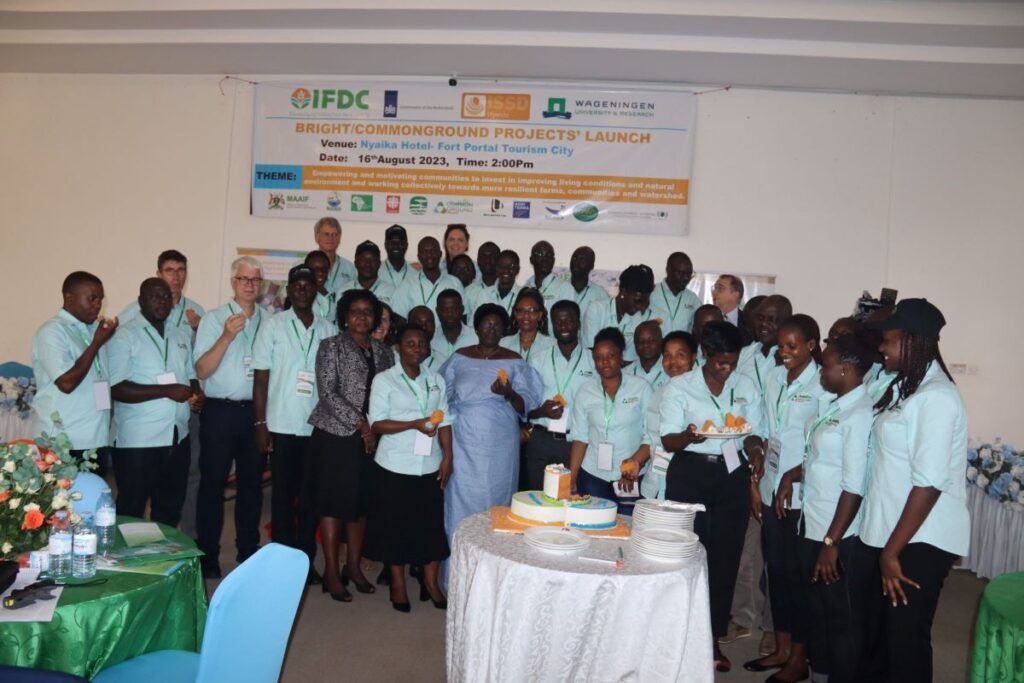
Lucy Lyango, Acting Commissioner for Wetland Management, explained the central objective of the two projects: to empower communities to invest in their environment and work collectively toward resilient farms, communities, and watersheds. This overarching vision aligns with Uganda’s sustainable development goals.
Grace Babirye, Acting Team Lead for the BRIGHT project, acknowledged the lessons garnered from past initiatives, indicating that these insights will be harnessed to enhance the execution of the project, particularly in driving the adoption of innovations and government programs. With a historical backdrop of low adoption rates, the BRIGHT project strives to reverse this trend and facilitate the integration of advancements for maximum impact.
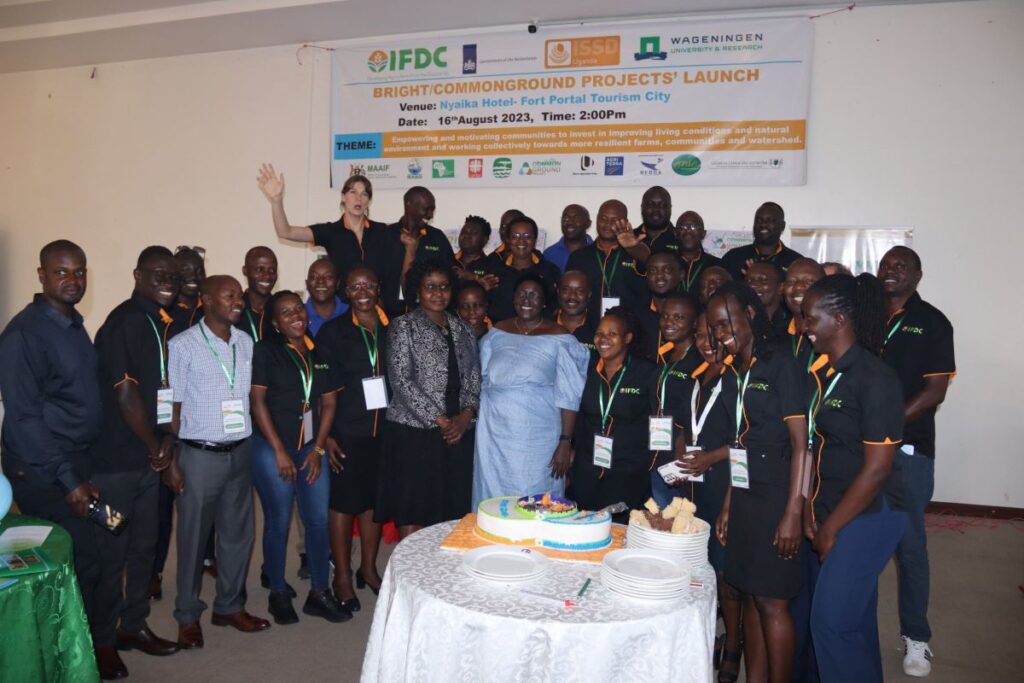
The BRIGHT and CommonGround projects are set to unfold over a four-year timeline, complementing each other in the pursuit of transformative change within the focus villages. This collaborative endeavor holds the promise of reshaping livelihoods, fostering resilience, and nurturing sustainable progress in Uganda’s highland communities.

